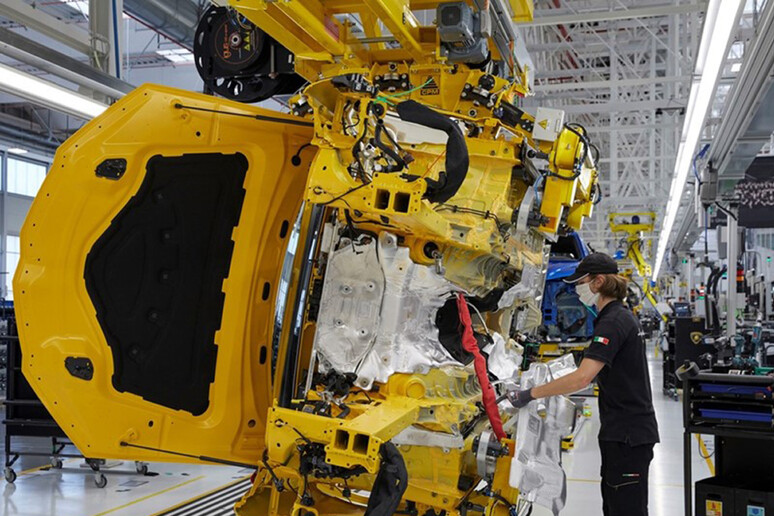The COVID-19 pandemic has
highlighted the importance of some manufacturing sectors for the
proper functioning of cities, a type of industry that big urban
metropolises need for their primary needs, according to the
Mista project, which was conducted as part of the ESPON European
cooperation programme specialising in regional analysis.
The project, devoted to the study of the relationships between
urban areas and industry, uncovered some of the challenges and
advantages of local production sectors, observing the impact of
COVID-19 on labour, on local industry and on the urban policies
in the cities of several EU countries.
The researchers observed that the pandemic led society to react
and reorganize on the basis of distance and isolation.
Cities sought to welcome a new conception of proximity in order
to contain the spread of the coronavirus.
"There were already signs before the pandemic," explained
Valeria Fedeli, a lecturer in urban planning and policy at the
Politecnico di Milano university.
"Just think of the issue of the circular economy, of short
supply chains, of industry that builds experiences, that makes
the daily functioning of the population's consumption and
services possible.
"The presence of this type of industry, which sought out urban
areas even before the pandemic, made the cities more resilient
to the health emergency and to its social and economic impact, a
little like what happened in 2008 with the financial crisis.
"It's not the steel-making industry, but industry that has
always had more blurred lines in the secondary sector, which
produces service, identity and lifestyle activities, rather than
simply goods, and the tertiary sector, which depends on advanced
forms of industrial activities".
Furthermore, the pandemic has highlighted the importance of
technologies in supporting remote working and distance learning,
further integrating these activities in the organization of
work, life and consumption.
The technologies were already available, but they turned out to
be crucial in enabling society to adapt to exceptional health
measures.
The post-pandemic model of production will be orientated towards
innovation characterized by technology that makes possible the
creation of new forms of work and production chains that are
integrated and deeply rooted into the local context, as well as
the global one, according to the researchers.
They said that, within this framework, the role of the
governance of the metropolitan cities is crucial too, not just
to develop industrial policy that is better suited to new
demands, but also to support territorial cohesion and reduce
growing inequality across society.
ALL RIGHTS RESERVED © Copyright ANSA











